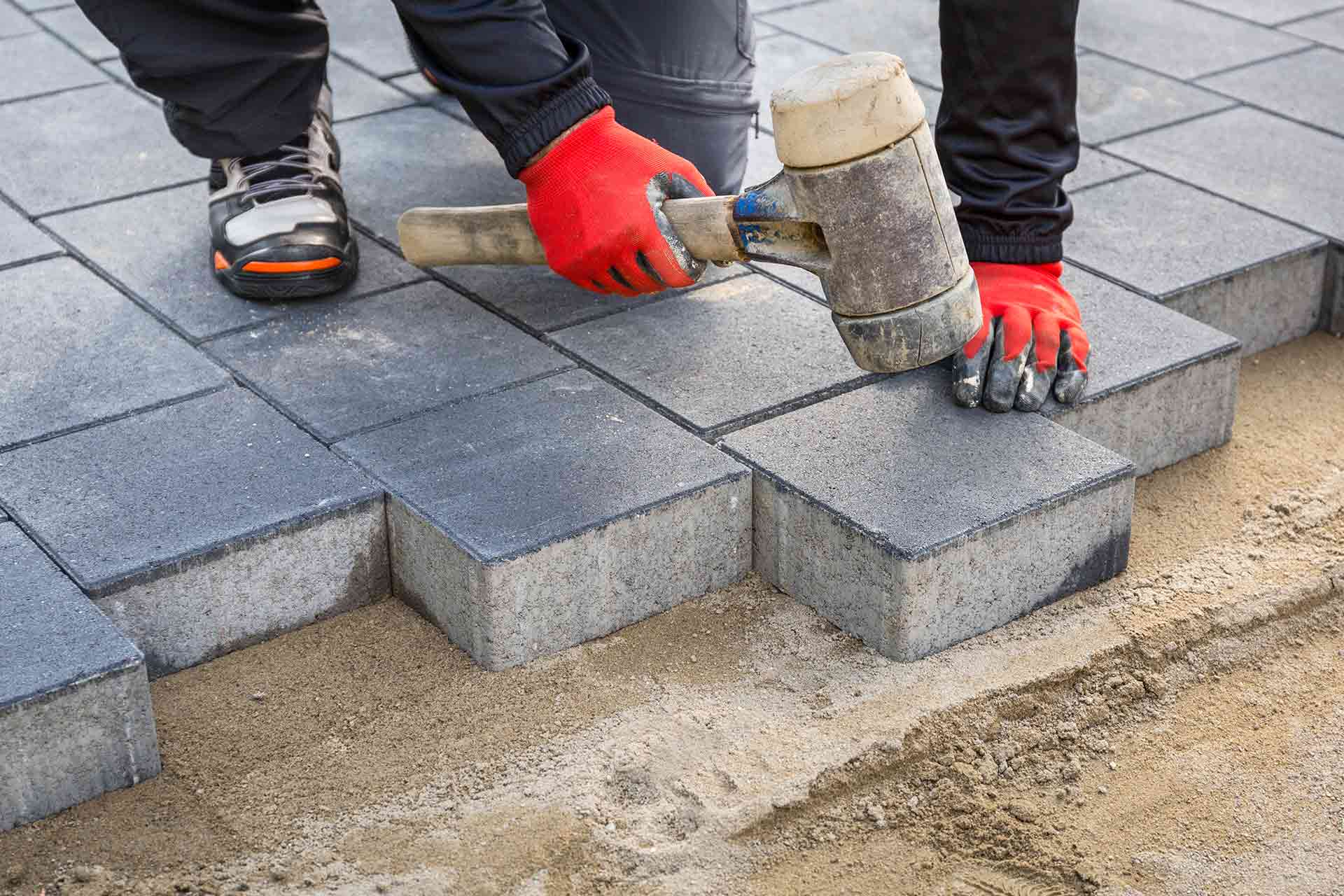
Maintaining a driveway is an essential part of home ownership. One of the most important aspects of driveway maintenance is sealing, which helps protect the surface from the elements and extend its lifespan.
Factors Affecting Sealing Frequency
The frequency at which you should seal your driveway depends on several factors. These include the type of material your driveway is made of, the climate you live in, and the amount of traffic your driveway receives.
Asphalt driveways typically require sealing more often than concrete driveways. This is because asphalt is more porous and prone to damage from UV rays, water, and oil spills.
Climate also plays a significant role in determining how often you should seal your driveway. If you live in an area with harsh winters or extreme temperature fluctuations, your driveway may require more frequent sealing.
Recommended Sealing Schedule
For asphalt driveways, it’s generally recommended to seal them every 2-3 years. This helps prevent cracks, potholes, and other damage caused by weather and regular use.
Concrete driveways, on the other hand, typically only need to be sealed every 5-7 years. However, if your concrete driveway is exposed to harsh conditions or heavy traffic, you may need to seal it more frequently.
It’s important to note that newly paved asphalt driveways should be allowed to cure for at least 6 months before applying a sealant. This allows the oils in the asphalt to evaporate and the surface to harden properly.
Choosing the Right Sealant
When it comes to choosing a sealant for your driveway, there are several options available. The most common types of sealants are coal tar-based and asphalt-based.
Coal tar-based sealants are known for their durability and resistance to oil and gas spills. However, they can be more expensive and have a strong odor during application.
Asphalt-based sealants, on the other hand, are more affordable and environmentally friendly. They also have a less noticeable odor during application.
Regardless of which type of sealant you choose, it’s important to follow the manufacturer’s instructions carefully. This includes properly preparing the surface, applying the sealant evenly, and allowing adequate drying time before using the driveway.
If you’re unsure about which type of sealant to use or how to properly apply it, consider hiring a professional. Companies like driveway sealing ottawa have the expertise and equipment necessary to ensure your driveway is sealed correctly and efficiently.

Benefits of Regular Sealing
Regular sealing of your driveway offers numerous benefits. These include:
- Extending the lifespan of your driveway
- Preventing cracks, potholes, and other damage
- Enhancing the appearance of your driveway
- Protecting against oil, gas, and other chemical spills
- Increasing the value of your home
By investing in regular driveway sealing, you can save money on costly repairs and maintain the overall appearance and functionality of your home’s exterior.
Conclusion
In conclusion, sealing your driveway is a crucial aspect of home maintenance. By following the recommended sealing schedule and choosing the right sealant, you can protect your investment and keep your driveway looking great for years to come.
Remember, the frequency at which you seal your driveway depends on various factors, including the material, climate, and traffic. If you’re unsure about how often to seal your driveway or need assistance with the process, don’t hesitate to consult with a professional.







